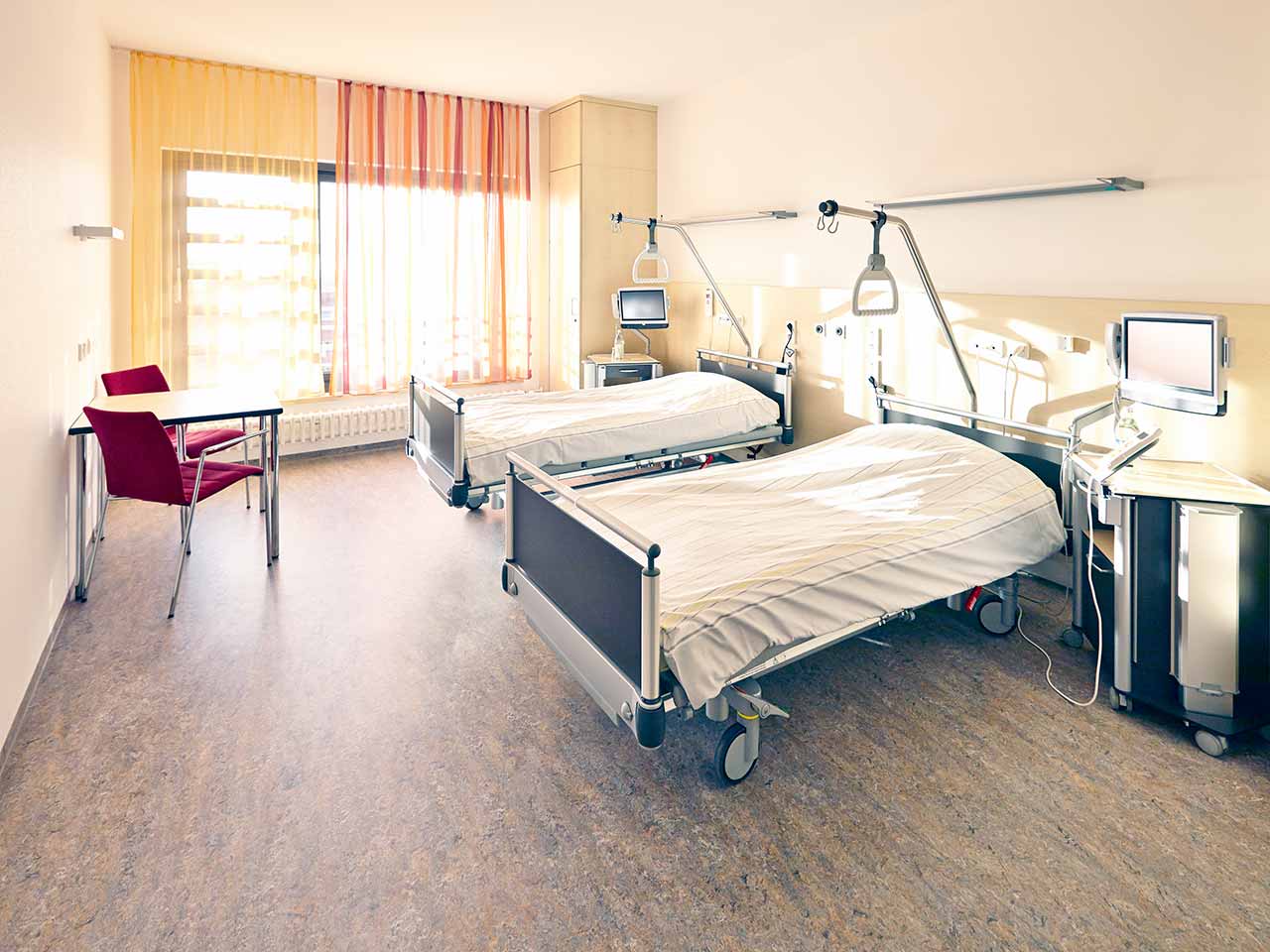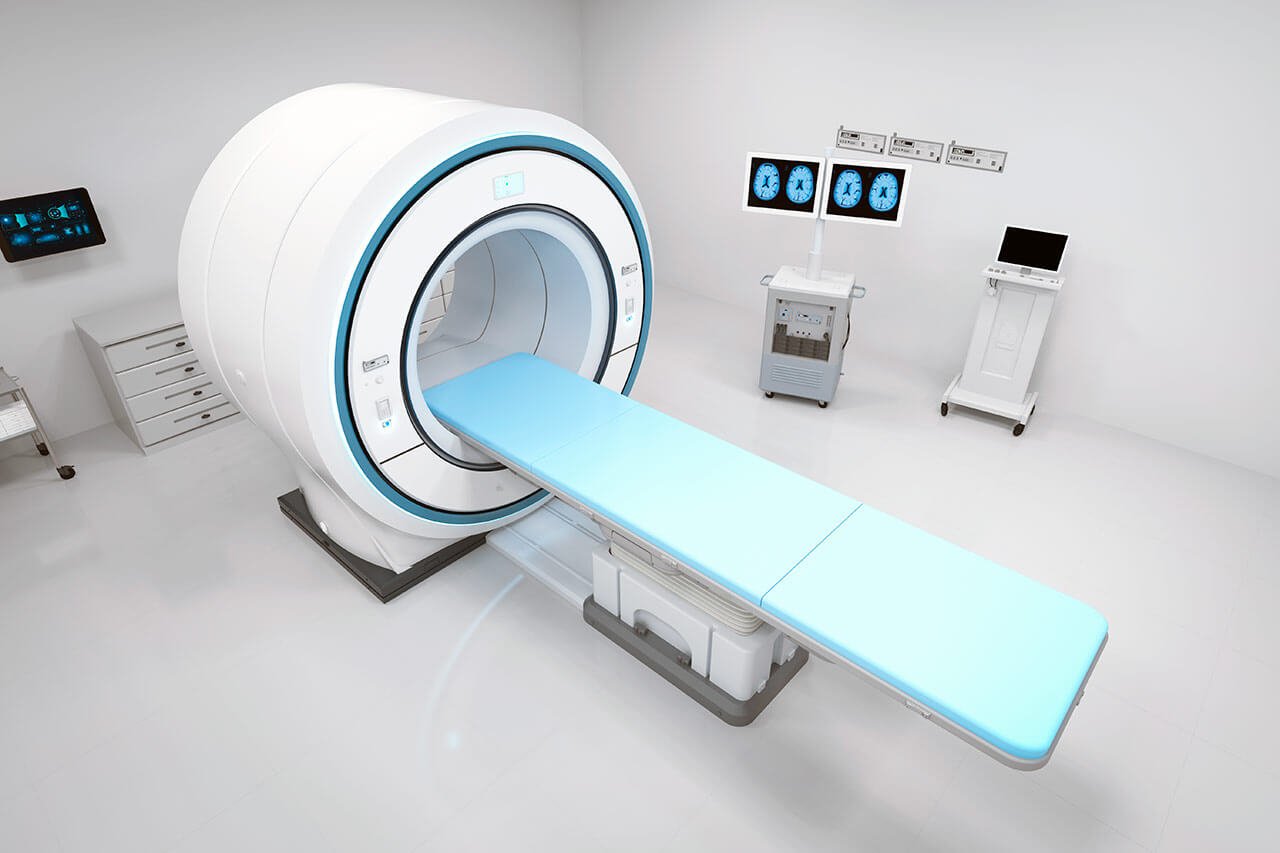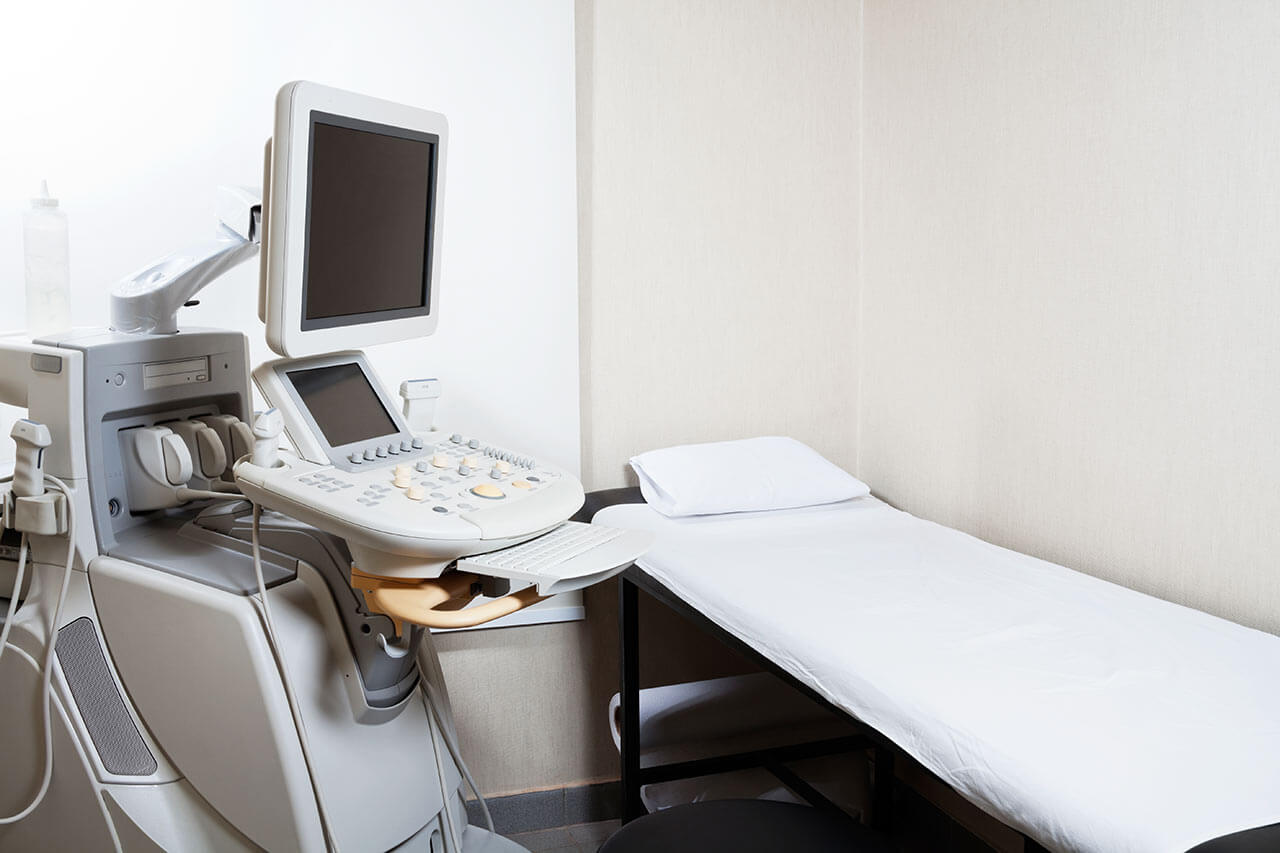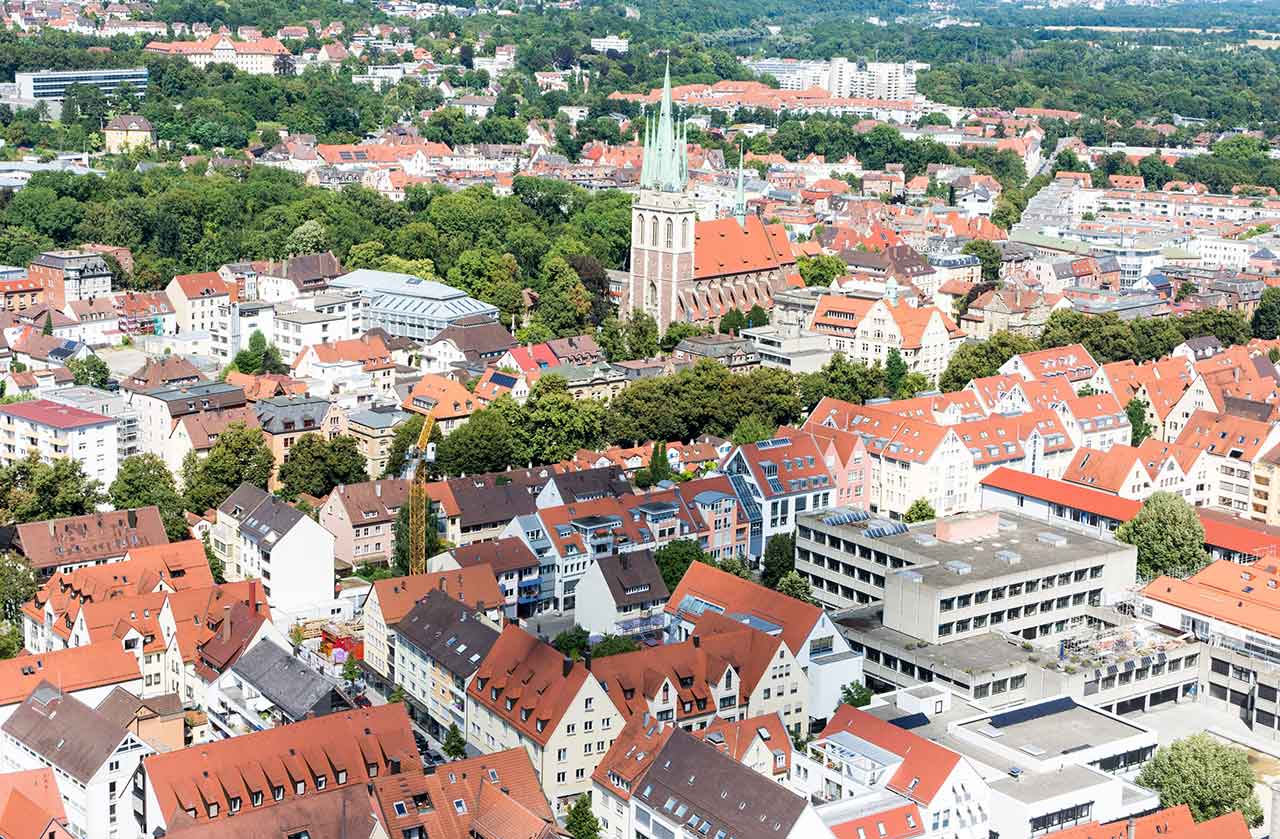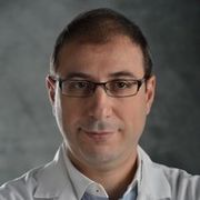
About the Department of Pediatric Neurology and Epileptology at University Hospital Ulm
The Department of Pediatric Neurology and Epileptology at the University Hospital Ulm provides the full range of medical services in the areas of its specialization. A team of experienced pediatric neurologists performs comprehensive diagnostics and treatment of children with developmental disorders, chronic diseases of the nervous system, and congenital and acquired disabilities caused by neuropathology. Medical care is provided to children of all age groups, ranging from newborns to adolescents up to the age of 18. The emphasis is also placed on counseling parents and explaining the peculiarities of the disease and the treatment tactics. A highly qualified team consisting of pediatric neurologists, psychologists, social pedagogues, occupational therapists, speech therapists, physiotherapists, and specially trained nurses works with young patients. The treatment process begins with a thorough study of the child's medical history and comprehensive diagnostics aimed at assessing the child's development and neurological status. With all the necessary diagnostic data, the department's pediatric neurologists develop an optimal treatment regimen for a young patient. The specialists usually combine drug therapy with physiotherapeutic methods, occupational therapy, and speech therapy. The child also receives qualified psychological support, if required. The department is headed by Prof. Dr. med. Sebahattin Cirak.
One of the common diagnoses in the clinical practice of the department's pediatric neurologists is epilepsy. This is a chronic disease of the central nervous system, characterized by recurrent spontaneous seizures in children that are accompanied by loss of consciousness, movement disorders, and other symptoms. The doctors at the medical facility admit young patients with generalized and focal epilepsy. In the first case, seizures are registered in all areas of the brain, and in the second, the focus of epileptic activity is localized in one part of the brain. The main diagnostic method for confirming or excluding epilepsy is electroencephalography (EEG). Based on the results of this examination, the specialist can clearly see specific deviations in the functioning of neurons, against the background of which seizures occur. The diagnostics also include a brain CT or MRI scan, electrocardiography, and laboratory tests. Studying the child’s family history also plays an important role. Epilepsy in childhood generally responds well to treatment. The best outcomes can be achieved by a competently developed, comprehensive regimen adapted to the individual needs of a young patient. An integral part of the therapeutic process is the use of anticonvulsants. Monotherapy using an individually selected drug with an optimal dose for the child is a priority. The attending physician also gives recommendations on lifestyle modifications, such as normalizing sleep patterns, studies, and sports activities, as well as dietary changes (a ketogenic diet is often prescribed).
The department has gained impressive experience in the treatment of young patients with cerebral palsy (CP). This is a group of disorders in which the child is unable to move normally and maintain balance and posture. The pathology is most often diagnosed immediately after birth during a comprehensive examination, but there are cases of cerebral palsy being detected at the age of 1-2 years. Electroencephalography, electromyography, electroneurography, brain CT or MRI scans, and a set of laboratory tests are carried out to make a diagnosis. The department's pediatric neurologists hold consultations with the child's mother to understand the specifics of pregnancy, childbirth, and the child's early developmental stages. Unfortunately, cerebral palsy is an incurable disease of the nervous system, but the department's pediatric neurologists have in their arsenal modern treatment methods, with the help of which they can achieve a significant improvement in the child's condition and adapt them to social life. Therapeutic measures are prescribed on an individual basis, taking into account the form of the disease, the severity of symptoms, the age of the child, and other important factors. The most effective methods for reducing muscle tone and spasticity caused by cerebral palsy include drug therapy (treatment with anticonvulsants, antispasmodics, painkillers, nootropics, and botulinum toxin), massage, therapeutic exercises, physiotherapeutic procedures (hydrotherapy, electrostimulation, and electrophoresis), acupuncture, hippotherapy, and the author's therapeutic methods (the Bobath concept and Vojta therapy).
The department's specialists also successfully deal with inflammatory diseases of the central nervous system, the most common and complex of which is multiple sclerosis. In this pathology, the child's immune system mistakenly attacks the myelin sheath of nerve fibers in the brain and spinal cord. This very condition leads to the development of severe symptoms such as muscle weakness, partial paralysis, balance disorders, and vision impairment. The most informative method for diagnosing multiple sclerosis is magnetic resonance imaging (MRI). The diagnostic protocol also includes a lumbar puncture, followed by the examination of the obtained biological material. The treatment involves the use of a comprehensive approach. The department's pediatric neurologists combine drug therapy (pills and infusions of drugs), therapeutic massage, physiotherapy, occupational therapy, and electrostimulation. Competent psychologists also take care of the child.
The department specializes in the diagnostics and treatment of the following neurological disorders and diseases in children:
- Epilepsy
- Multiple sclerosis
- Cerebral palsy and other movement disorders
- Emotional dysregulation in infancy and childhood: crying, sleep, and feeding disorders
- Developmental disorders: motor, speech, and perception disorders
- Cognitive impairments: inability to read, write, or count correctly
- Developmental disorders due to premature births
- Autism spectrum disorder
- Attention deficit: attention deficit hyperactivity disorder
- Behavioral disorders
- Neuromuscular disorders: muscular dystrophy
- Neurocutaneous syndromes: neurofibromatosis and tuberous sclerosis
- Cerebrovascular diseases, including a stroke
- Malformations of the central nervous system: spina bifida, hydrocephalus, and developmental brain malformations
- Mental problems in children living in families with a difficult psychosocial environment
- Genetic neurological diseases: Down syndrome and Rett syndrome
- Fetal alcohol syndrome
- Other neurological diseases
The department's therapeutic options include the following:
- Drug therapy
- Intake of pills
- Injection therapy
- Infusion therapy
- Ergotherapy
- Sensory integration therapy
- Marburg concentration training
- Ergotherapy training program for attention deficit hyperactivity disorder
- Ergotherapy program aimed at teaching social skills (in groups)
- Autogenic training for headaches, hypertonus, and tics
- Castillo Morales approach to orofacial pathology
- Graphomotor and psychomotor training programs
- Treatment of children with autism and parent counseling (for example, the TEACCH approach)
- Physiotherapy
- Bobath concept
- Vojta therapy
- Castillo Morales neuromotor therapy
- Respiratory therapy, including reflex therapy
- Galileo technique
- Speech therapy for speech defects
- Psychological care
- Other medical services
Curriculum vitae
Higher Education and Professional Career
- 2020 Board certification in Pediatric Neurology.
- 2012 - 2014 Associate Professor, Genetic Medicine Research Center, Children's National Hospital, Washington, DC, USA.
- 2008 - 2012 Senior Clinical Research Fellow, Dubowitz Neuromuscular Centre, London, UK.
- 2007 - 2008 Pediatrician, Department of Neonatology, Pediatric Intensive Care and Neuropediatrics, University Hospital Essen.
- 2002 - 2007 Resident, Department of Pediatric and Adolescent Medicine, University Hospital Essen.
- 2001 - 2002 Research Internship, Department of Pediatric and Adolescent Medicine, Charite University Hospital Berlin.
- 2008 Habilitation (magna cum laude), Faculty of Medicine, University of Duisburg-Essen.
- 2007 Board certification in Pediatric and Adolescent Medicine, Medical Association of North Rhine-Westphalia.
- 2001 Final State Medical Examination, Johannes Gutenberg University Mainz.
- 2000 Master's Degree in Chemistry, Johannes Gutenberg University Mainz.
- 2000 - 2001 Internship.
- 1989 Started medical studies, Johannes Gutenberg University Mainz.
Prizes, Awards, and Honors
- Theodor Schwann Prize.
Photo of the doctor: (c) Universitätsklinikum Ulm
